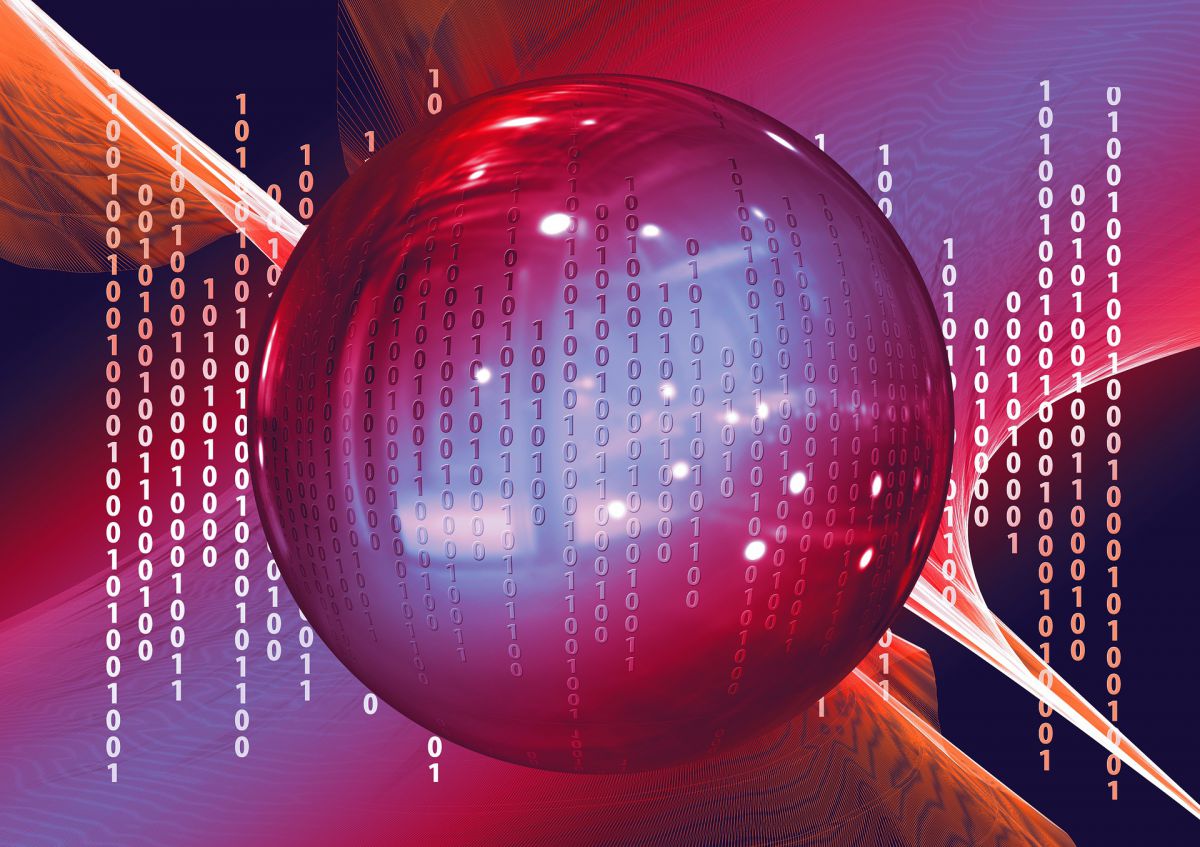Peering Into The Future: Interview With Rick Neaton

Introduction
Rick Neaton has been investing and writing about technology for over twenty years. In 2008, Rick founded Rivershore Investment Research (RIR), a subscription-based technology newsletter, to share his work with others interested in technology and investing. RIR covers key technology trends, publicly traded technology companies, and numerous investing themes.
In RIR, Rick focuses on important trends in technology and on how these trends will generate winners and losers. By focusing on technology, product cycles, market cycles, and valuations, Rick identifies timely investment opportunities and helps readers avoid costly mistakes. Further, he touches on major political and economic events as they shape the world’s investing environment, helping readers navigate the natural and not-so-natural ups and downs in the financial markets.
Interview
Ilene: What is your outlook for the US economy and the global economy over the next 1 to 3 years?
Rick: I think the US economy will continue to grow at a below average annual real rate. That is around 2%.
The world economy will not act in unison. India appears to be capable of producing 7-8% annualized real GDP growth.
China’s problems appear more political than economic in that it is transitioning from being an industrial-based economy to being a services-based economy. People who have made lots of money in China’s old economy are fearful of political repercussions to their capital. They have responded by moving more and more of their assets offshore. That is creating tension between the central government plans and the needs of these individuals.
Thus the pressure in China appears to be more centered on the value of assets held there than on the actual growth in the economy. Remember that 6.5% growth in China’s economy is still far more in dollar terms than prior years in which the growth rate was 7%, 8% or 9% in terms of China’s GDP. Because of the problems in China, you don’t want to own Chinese assets like stocks and bonds. But you would want to own the offshore assets that Chinese buyers find attractive. These political issues in China explain the sudden surge in the Chinese corporate interest in acquiring western companies for cash.
Europe continues to muddle along hamstrung by political issues there.At some point, it will become attractive again for investors.
Ilene: What do you see directly ahead for US equities?
Rick: Currently, U.S. stock markets are still consolidating after a very significant correction that occurred from mid-2015 to early in 2016. The actual performance of most companies is actually better than most investors think. And certain themes like cloud computing and all the build-outs needed to achieve efficiencies in cloud computing will lead the markets from now until 2020.
Ilene: What is the most significant change occurring in technology and how will it change the way we live?
Rick: There are two main changes. First, cloud computing is moving storage and application processing away from each individual user of a device and to the data center. The hyper-speed connections and networks that everyone thought came too soon about 20 years ago are now just beginning to enable this scale.
Second, real time sensors are beginning to be deployed to various devices and they are changing the nature and the needs for computing. We see the first iterations of these sensor deployments in the form of fitness trackers and driver assist devices in automobiles.But there are many more uses to come over the next 5-20 years. In turn, sensor deployments are driving the need for more programmable logic in devices and the need for more efficient power utilization in many devices that will need to be on 24 hours every day.
Intel (INTC) has been one of first major old tech companies to recognize these trends and implement significant changes to its business structure.Well-recognized company names that do not respond timely to these changes will not survive.
Our lives will be changed significantly by 2030. Our health care and the data needed to maintain our health will be sensed on a device that we now recognize as a fitness band. It will be transmitted to our portable computing device that will be similar to a smartphone. That device will crunch the initial sensing data and send it in real time to a series of server racks in large data centers that will analyze this data and notify our physicians in real time about the findings. It would even summon an emergency transport vehicle if necessary.
Driving a car may not be totally autonomous by 2030, but it will be much less dependent upon the human driving the vehicle and much more dependent upon the sensors in that vehicle. Most everything will operate like the old Star Trek computer; i.e., most everything will be voice activated and responsive to voice commands. Keyboards will be as ancient in 2030 as a manual typewriter seems today. First examples of this new interface are the Amazon Echo (AMZN) and the voice command features in your smartphone like Siri in an Apple product.
Finally, virtual reality and augmented reality will replace the current monitor on your computer. Google Cardboard and Facebook’s Oculus are first generation examples of this new world; i.e, the Atari Pongs of the VR world.
Ilene: Thank you, Rick. I’m looking forward to further exploring technology trends and the tech companies involved in Part 2 of our interview.
Pictures via Pixabay.




Good interview, thanks for sharing.
Fun interview. Thanks, Rick.